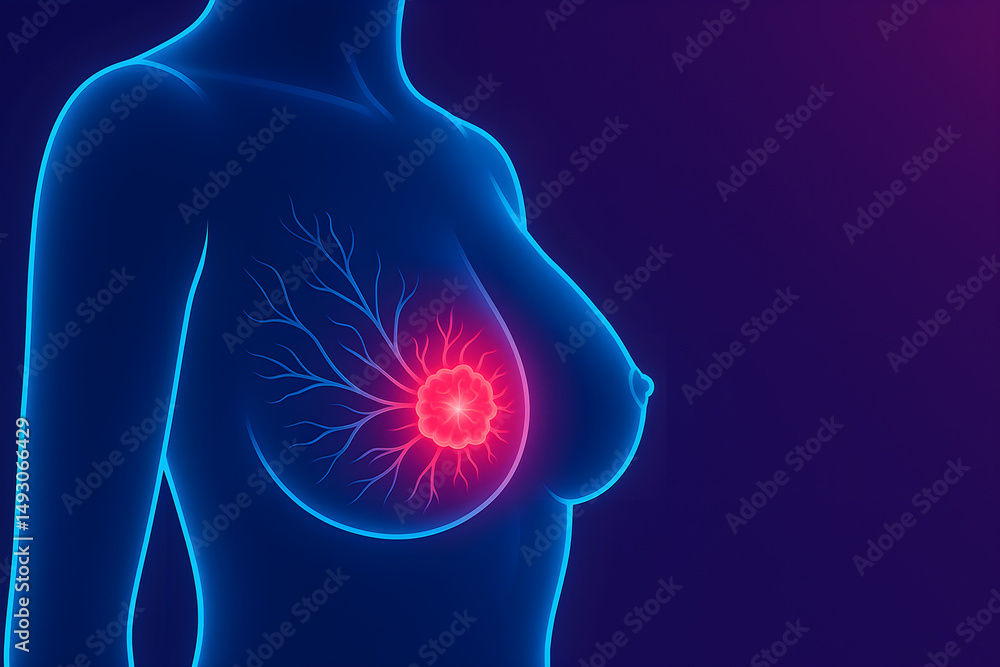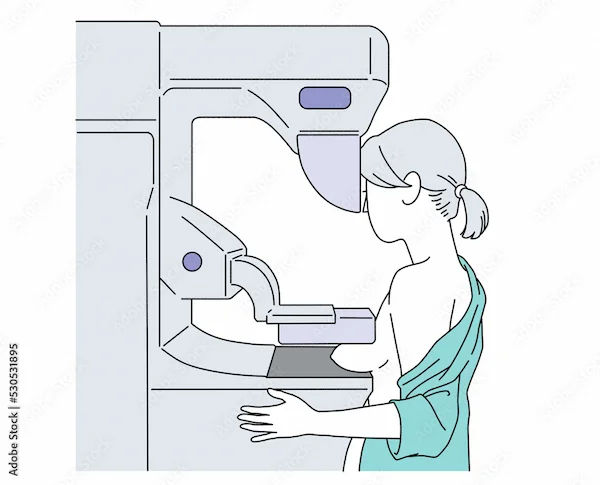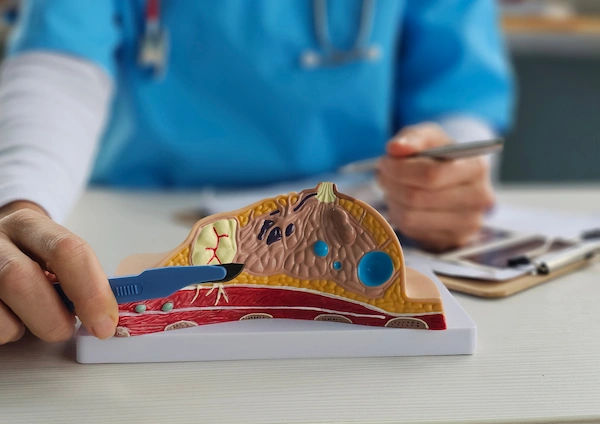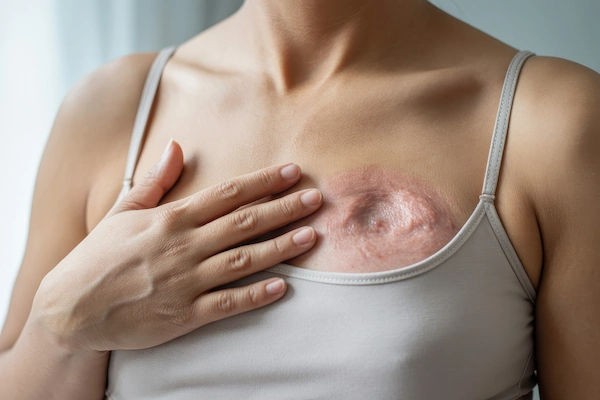Intercostobrachial Nerve Pain After Mastectomy
Learn what causes intercostobrachial nerve pain after mastectomy, how it may affect you, and what management strategies might help.

Written by Dr. J T Hema Pratima
Reviewed by Dr. D Bhanu Prakash MBBS, AFIH, Advanced certificate in critical care medicine, Fellowship in critical care medicine
Last updated on 13th Jan, 2026

Introduction
If you or a loved one has undergone a mastectomy (surgery to remove breast tissue, often due to cancer), you may experience a type of nerve pain called intercostobrachial nerve pain (ICBN pain). This condition can be uncomfortable and distressing, but understanding it can help you manage it better.
This article explores what intercostobrachial nerve pain is, how it might affect your daily life, and the steps that may help relieve discomfort.
What Is Intercostobrachial Nerve Pain?
The intercostobrachial nerve (ICBN) is a sensory nerve that runs from the upper chest, under the arm, and into the inner side of the upper arm. During a mastectomy or lymph node removal, this nerve may get stretched, damaged, or cut, leading to pain, numbness, or tingling in the chest, armpit, and arm.
Burning or shooting pain in the chest, underarm, or upper inner arm
Tingling or numbness in the affected area
Sensitivity to touch, sometimes triggered by clothing or light pressure
A feeling of heaviness or weakness in the arm
These symptoms can appear immediately after surgery or develop weeks or months later:
Why Does It Happen?
The ICBN is often affected during:
Mastectomy or breast tissue removal
Axillary lymph node dissection or biopsy
Radiation therapy to the chest or underarm area
Since the nerve provides sensation to the skin, damage to it disrupts normal feeling, leading to pain signals being sent to the brain.
Consult Top Specialists for Personalised Health Advice
How Does It Affect Daily Life?
ICBN pain can interfere with:
Sleep due to discomfort when lying down.
Wearing clothes with tight sleeves or bras may worsen pain.
Arm movement like lifting or stretching may be difficult.
Emotional well-being; chronic pain can lead to frustration or anxiety.
How Can You Manage the Pain?
While ICBN pain may not always go away completely, several strategies can help reduce discomfort and improve quality of life:
1. Medications
Oral pain relievers
Nerve-specific medications such as gabapentin
Topical creams or patches that target nerve pain
Always consult your doctor before taking new medications.
2. Physical Therapy & Exercises
Gentle stretching and strengthening exercises can improve arm mobility.
A physical therapist can guide you on safe movements to avoid worsening pain.
3. Desensitisation Techniques
Gradual exposure to textures may help reduce heightened sensitivity. Using a soft cloth, cotton pad, or mild massage may improve tolerance to touch over time.
4. Lifestyle Adjustments
Wear loose, soft clothing to avoid irritation.
Use pillows for support while sleeping to reduce pressure on the affected side.
Avoid heavy lifting until your doctor approves.
5. Alternative Therapies
Acupuncture may help some people with nerve pain.
Stress-reducing practices like meditation or guided relaxation might help in managing chronic pain.
When to See a Doctor
While some discomfort is common, certain signs should prompt a medical consultation.
Worsens over time.
Interferes with daily activities.
Causes swelling, redness, fever or other signs of infection.
If you're struggling with persistent pain after mastectomy, you can consult a specialist (oncologist, pain management doctor, or physiotherapist) via Apollo 24|7’s online platform. Book diagnostic tests (if needed) to rule out other conditions.
Final Thoughts
Intercostobrachial nerve pain after mastectomy is a real and challenging condition, but with the right care, it can be managed. Be patient with yourself, follow medical advice, and don’t hesitate to seek support from healthcare professionals.
If you need personalised guidance, Apollo 24|7 is here to help—book a consultation today for expert care from the comfort of your home.
Consult Top Gynaecologists
Consult Top Specialists for Personalised Health Advice

Dr. Mona Yadav
Obstetrician and Gynaecologist
19 Years • MBBS, MD (Obstetrics & Gynaecology)
Dombivli
Nulife multispeciality, Dombivli

Dr. Parul Sharma
Obstetrician and Gynaecologist
8 Years • MBBS, MS (Obstetrics & Gynaecology)
New Delhi
THE DOCTORS NESST, New Delhi
Dr. J Aswini Sowndarya
Obstetrician and Gynaecologist
4 Years • MBBS, MS Obstetrics & Gynaecology, FMAS, FART
Rajamahendravaram
Tholat Memorial Multi Speciality Hospital, Rajamahendravaram
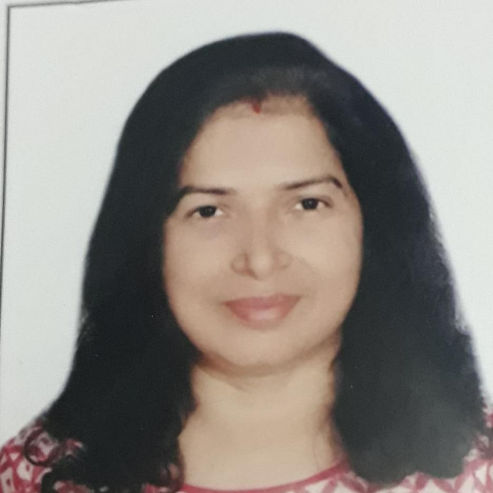
Dr. Asha Rani Singh
Obstetrician and Gynaecologist
24 Years • MBBS DGO
Delhi
Dr Asha Rani Singh Clinic, Delhi

Dr. Shyamala Devi
Obstetrician and Gynaecologist
38 Years • MBBS, MS Obstetrics & Gynaecology
Vijayawada
Sri Shivshakti Nilayam, Vijayawada
Consult Top Gynaecologists

Dr. Mona Yadav
Obstetrician and Gynaecologist
19 Years • MBBS, MD (Obstetrics & Gynaecology)
Dombivli
Nulife multispeciality, Dombivli

Dr. Parul Sharma
Obstetrician and Gynaecologist
8 Years • MBBS, MS (Obstetrics & Gynaecology)
New Delhi
THE DOCTORS NESST, New Delhi
Dr. J Aswini Sowndarya
Obstetrician and Gynaecologist
4 Years • MBBS, MS Obstetrics & Gynaecology, FMAS, FART
Rajamahendravaram
Tholat Memorial Multi Speciality Hospital, Rajamahendravaram

Dr. Asha Rani Singh
Obstetrician and Gynaecologist
24 Years • MBBS DGO
Delhi
Dr Asha Rani Singh Clinic, Delhi

Dr. Shyamala Devi
Obstetrician and Gynaecologist
38 Years • MBBS, MS Obstetrics & Gynaecology
Vijayawada
Sri Shivshakti Nilayam, Vijayawada
